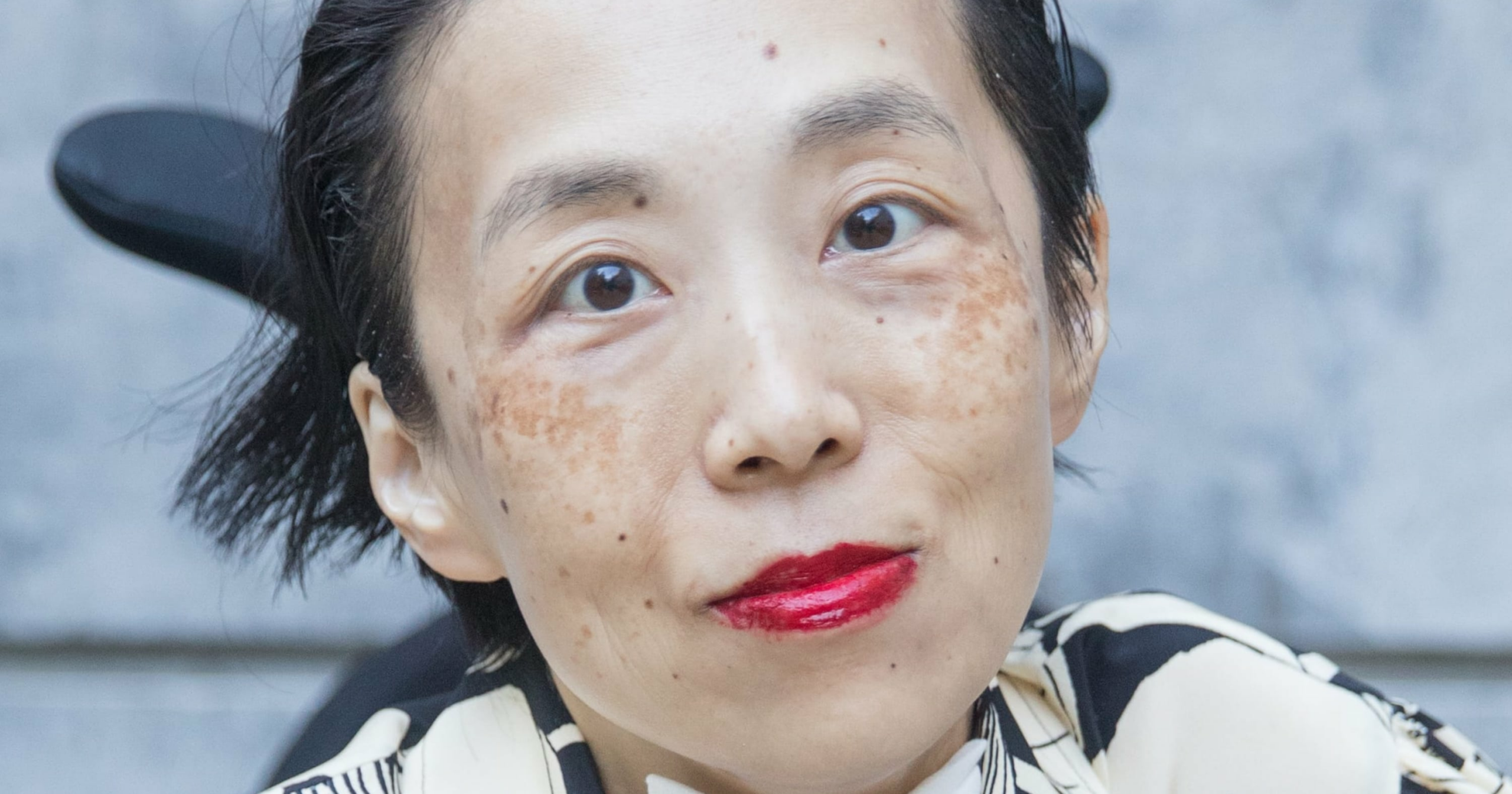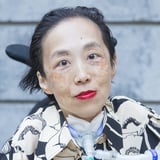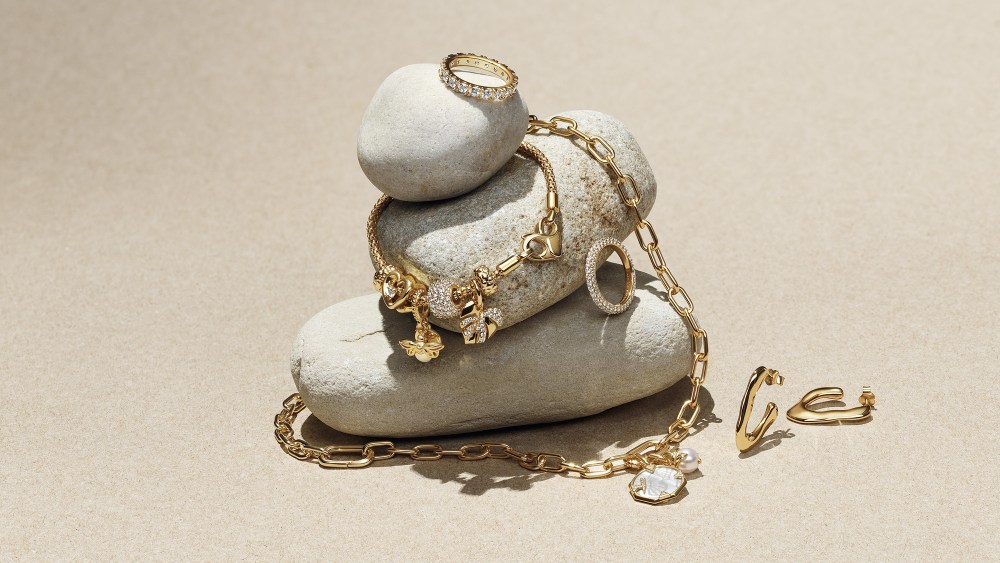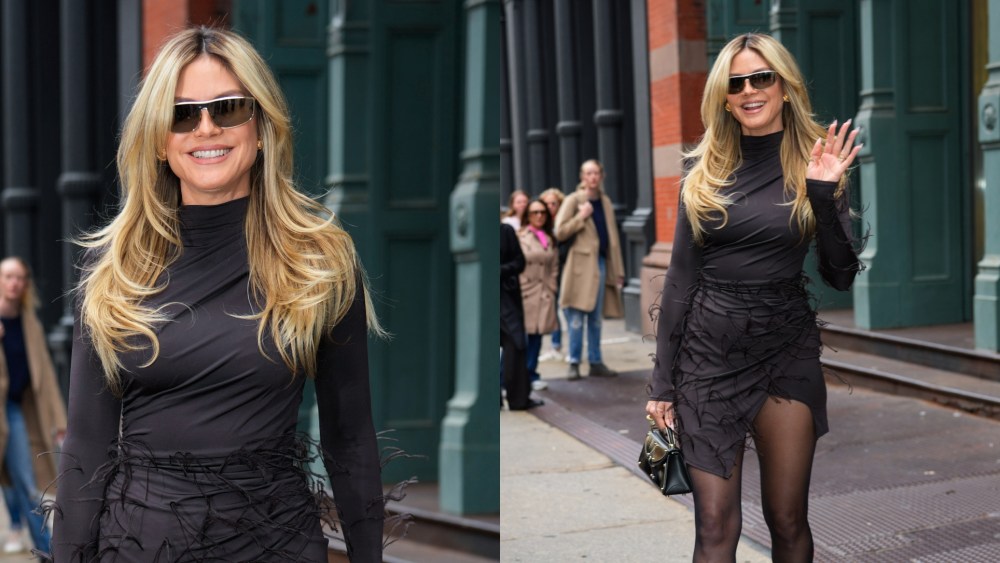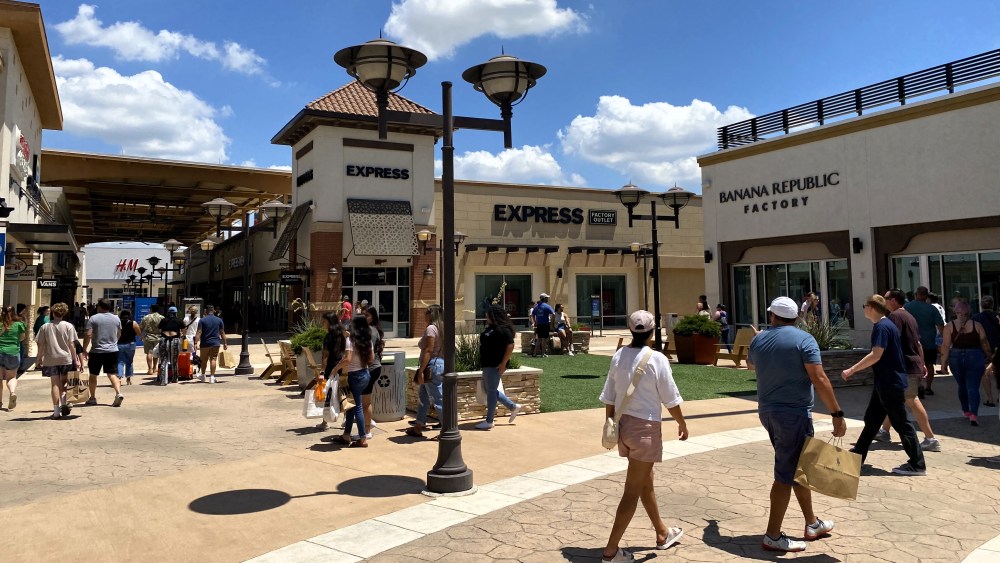When it comes to sex and intimacy, author and disability rights activist Alice Wong wants the whole damn dim sum cart. Be it fairy-tale romances, spicy fantasies, or close friendships, disability intimacy goes so far beyond the trite mainstream coverage it often receives. Still, while researching disability intimacy, Wong found that the internet’s understanding could be summed up in a few “basic AF” topics. Google was a dead giveaway, offering “people also ask” queries like “Can people with disabilities find love?” the majority of which fail to encapsulate the honesty, vulnerability, or depth actually involved. Sex and intimacy within the disability community is, indeed, as multifaceted as a cart of dim sum, but you wouldn’t know it by the way it’s often discussed.
The Americans With Disabilities Act (ADA) estimates that 54 million Americans live with a disability, yet even well-meaning content is riddled with stigma and stereotypes. On social media, those who do not have disabilities can feel the slightest itch of curiosity and demand answers, explanations, and other personal information from creators with disabilities just trying to go about their lives. As Wong, who has spinal muscular dystrophy, points out, the public perception of disability intimacy seems almost clinical in nature – cold, concrete, and collectively disappointing. Her latest book, “
With “Disability Intimacy,” Wong empowers people with disabilities to share their stories on their own terms, collecting 40 different perspectives on disability intimacy encompassing heartbreak, BDSM, queer love, and parenting. Through these narratives (plus her own outlook as someone with a progressive neuromuscular disability), Wong encourages readers to sink their teeth in and get a taste for what sex and intimacy really looks like within the disability community. We spoke with Wong to hear more about what the media still gets wrong about disability intimacy and why sexual liberation is actually an essential part of disability justice.
PS: Let’s talk about the dim sum cart of intimacy. What have you learned about your own cart, and is there anything you’d say to people looking to expand their palates?
Alice Wong: I love that metaphor because dim sum is all about variety. It’s meant to be eaten leisurely where you can sample a little bit of this and a little bit of that. Some bites are juicy and unctuous while others are crispy or chewy. Right now my dim sum cart is pretty empty and I hunger for more. I’m not sure what I learned from my own cart, but right now I am in a phase where I crave new wild, sensual, and thrilling experiences. I want to taste, touch, and awaken.
This March I turned 50 and I’ve been reflecting on the past. The last few years have been very difficult and traumatic for me health-wise. I am in a race against time with so many remaining things I want to do. One thing I am working on is trying to believe I am deserving of whatever I desire. I would say to anyone looking to expand their palates that they should take risks big and small, cherish their relationships, and don’t take anything for granted.
PS: We know that people who do not have disabilities sometimes feel entitled to personal information about disabled sex and intimacy (the disappointing “people also ask” topics also come to mind). How do the stories in “Disability Intimacy” disrupt these expectations and empower people within the community to share their experiences on their own terms?
AW: While “Disability Intimacy” is for everyone, first and foremost it’s for disabled people. There isn’t enough representation of disabled people in media and culture, especially in the publishing industry. The contributors shared so much of themselves; they were vulnerable, tender, and radically honest. The contributors put their trust in me and it was a privilege to edit their work.
I hope disabled readers feel seen and invigorated at the range of sexual expression from these stories and how they aren’t framed to prove “we’re just like everyone else.” It’s rare to have work by disabled writers edited by a disabled editor, and I believe they will sense the difference. These stories exist in an unapologetic space that does not center nondisabled expectations rooted in pity, disgust, or ableism. For nondisabled readers, I hope “Disability Intimacy” challenges their notions of intimacy and introduces them to an understanding of ableism based on lived experiences.
“Disabled people are agents of pleasure – they are not broken, abnormal, or undesirable.”
PS: Intimacy for people with disabilities has its own challenges, but it also brings a unique kind of joy. Why is it important for you to highlight both?
AW: There is a preponderance of stories and coverage by the media about disability that dwell on stigma, discrimination, and barriers. When there are positive stories, they are often inspirational “teachable moments” to nondisabled audiences. These narrow portrayals perpetuate stereotypes and tropes, reducing disabled people into simplistic caricatures. As the editor of this anthology, it’s important for me to show the diversity, complexity, depth, and nuance of the disabled experience. Disabled wisdom and joy comes from being in community with one another. We have a culture whether people believe it or not, and this book is imbued with our joy, care, and love.
PS: With pieces about sexual discovery and fantasy, what are some of the ways in which sexual liberation intersects with disability justice?
There are some very spicy pieces in “Disability Intimacy” that are fantastic. They explore the theme of self-love and also touch on their struggles, such as “Know Me Where It Hurts: Sex, Kink, and Cerebral Palsy” by Carrie Wade, “Hi, Are You Single?” by Ryan J. Haddad, “Strange Love Via Crip with a Whip” by Robin Wilson-Beattie, and “How I’m Navigating Play Parties as a Disabled, Immunocompromised Kinkster” by Jade T. Perry.
Looking at the 10 principles of disability justice outlined by Patty Berne, I believe the one about recognizing wholeness is integral to sexual liberation – that people have worth as they are, regardless of their ability to be productive under capitalism. Disabled people are agents of pleasure – they are not broken, abnormal, or undesirable. Liberation is about smashing the structures that divide and oppress. For example, sex doesn’t have to require penetration or orgasms to be considered “real” sex. We can create a realm of pleasure that includes all kinds of people with their varying bodies and abilities. I want to live in a world that values openness, access, and creativity where disabled people are the sexual vanguard. This is the dream.
PS: After becoming chronically ill and losing half of my vision, I didn’t feel a whole lot of anything anymore (truthfully, I still struggle). Is it possible to find intimacy anyway?
Two years ago I was in the ICU for four weeks and it left me even more disabled without the ability to speak or eat. Grieving and adaptation are big parts of the disabled experience. Like you, I struggle, and it’s been a constant process of working through internalized ableism, frustration, shame, and anger. I lost my relationship with pleasure during the same time I worked on “Disability Intimacy,” but I believe intimacy is possible and we don’t have to settle or compromise.
Disabled people are so innovative and creative in the ways we express intimacy because we live in an ableist world with such narrow conventional ideas of it. To me, intimacy is more than sex or romantic love. Intimacy is about relationships within a person’s self, with others, with communities, with nature, and beyond. Intimacy is an ever-expanding universe composed of a myriad of heavenly bodies. Even though I am full of internalized ableism and insecurities, I know my dim sum cart will overflow one day with carnal, passionate, and delectable treats. Whatever intimacy looks like for you, I hope you find it, because you are and everyone is deserving of it!
Chandler Plante is an assistant health and fitness editor for POPSUGAR. Previously, she worked as an editorial assistant for People magazine and contributed to Ladygunn, Millie, and Bustle Digital Group. In her free time, she overshares on the internet, creating content about chronic illness, beauty, and disability.
